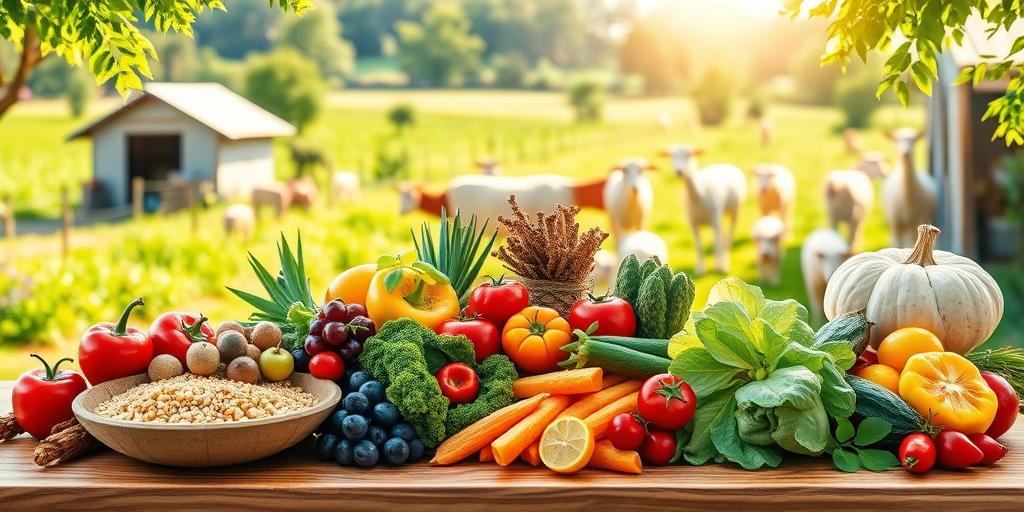The Rise of Conscious Eating: Sustainability and Ethics in 2025
The year is 2025, and the culinary landscape has undergone a significant transformation. Conscious eating, once a niche movement, has become a mainstream phenomenon, driven by growing concerns about sustainability, ethical sourcing, and the impact of our food choices on the planet. This article delves into the key factors propelling this shift and explores the trends shaping the future of conscious eating.
Understanding Conscious Eating
Conscious eating extends beyond simply knowing what you eat; it involves understanding the journey of your food from farm to table. This includes:
- Sustainability: Minimizing environmental impact through responsible farming practices, reduced food waste, and eco-friendly packaging.
- Ethical Sourcing: Ensuring fair treatment of farmers, workers, and animals involved in the food production process.
- Health and Wellness: Prioritizing whole, unprocessed foods that nourish the body and promote well-being.
Key Drivers of the Conscious Eating Movement
Several factors have contributed to the rise of conscious eating:
- Increased Awareness: Documentaries, social media campaigns, and educational initiatives have raised awareness about the environmental and ethical implications of our food choices.
- Technological Advancements: Innovations in agriculture, food production, and supply chain management have made it easier to track and trace the origin of our food, ensuring transparency and accountability.
- Consumer Demand: A growing number of consumers are actively seeking out sustainable and ethically sourced food products, driving demand for transparency and responsible practices.
- Government Regulations: Governments worldwide are implementing policies to promote sustainable agriculture, reduce food waste, and protect animal welfare.
Trends Shaping the Future of Conscious Eating
Several key trends are shaping the future of conscious eating:
- Plant-Based Diets: The popularity of plant-based diets continues to surge, driven by concerns about animal welfare, environmental sustainability, and health benefits. Plant-based alternatives to meat, dairy, and eggs are becoming increasingly sophisticated and accessible.
- Regenerative Agriculture: Regenerative agriculture practices, which focus on soil health, biodiversity, and carbon sequestration, are gaining traction as a way to mitigate climate change and enhance food security.
- Local and Seasonal Eating: Consumers are increasingly prioritizing locally sourced, seasonal produce to reduce transportation emissions, support local farmers, and enjoy fresher, more flavorful food.
- Food Waste Reduction: Efforts to reduce food waste are intensifying, with initiatives ranging from improved storage and packaging to innovative technologies for repurposing food scraps.
- Transparency and Traceability: Consumers are demanding greater transparency in the food supply chain, with technologies like blockchain enabling them to track the origin and journey of their food from farm to table.
The Impact of Conscious Eating
The rise of conscious eating has far-reaching implications:
- Environmental Benefits: Reduced greenhouse gas emissions, improved soil health, and conservation of natural resources.
- Ethical Benefits: Fairer treatment of farmers, workers, and animals involved in the food production process.
- Health Benefits: Improved nutrition, reduced risk of chronic diseases, and enhanced overall well-being.
- Economic Benefits: Support for local farmers, creation of new jobs in the sustainable food sector, and increased economic resilience.
Conclusion
Conscious eating is no longer a fringe movement but a fundamental shift in how we think about and consume food. As awareness grows, technology advances, and consumer demand increases, conscious eating is poised to become the dominant paradigm, shaping a more sustainable, ethical, and healthy future for all.
